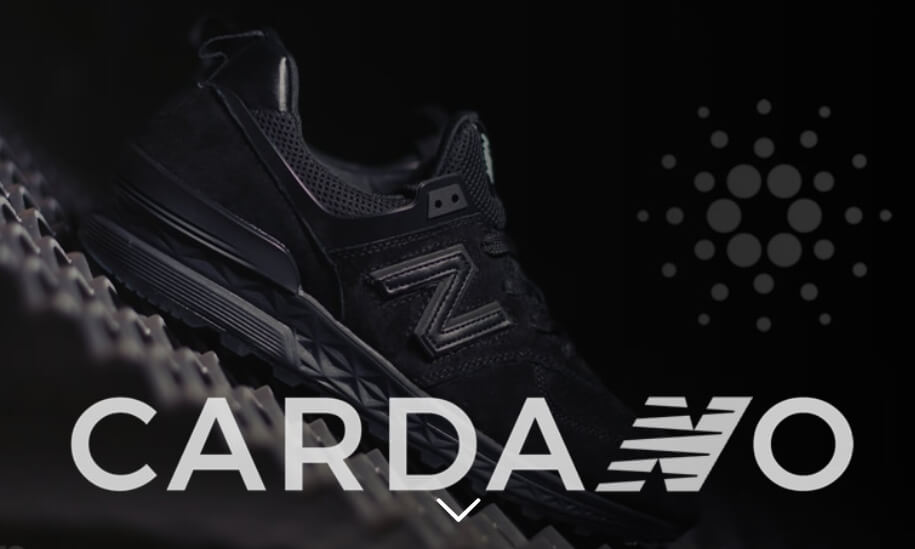Shoe giant New Balance to use blockchain to ensure product authenticity

New Balance, the well-known footwear manufacturer, is no stranger to anyone. With rampant counterfeit products in the market, the company recently decided to use Cardano blockchain for authenticating genuine products to safeguard consumers' rights.
Table of Contents
New Balance Partners with Cardano Blockchain
In 2017, a local court in China awarded New Balance a whopping $1.5 billion in copyright compensation, ruling in favor of the athletic shoe brand after a local company was found selling shoes under the name New Boom and infringing on their trademark. The court's decision was based on the fact that buyers could mistake the knockoff products as genuine. Consumers interviewed at the time said:
It's just an "N" logo! Why bother? I'll just go for the cheaper option.
New Balance has been staunchly fighting against parasitic brands that copy its image and brand. The company has been focused on minimizing damage to its brand image, including strengthening cooperation with regulatory authorities, and a groundbreaking development was recently announced.
According to an article by Crypto Briefing published on 9/28, CEO Charles Hoskinson of blockchain engineering startup IOHK announced:
American footwear brand New Balance will use Cardano blockchain to allow its customers to verify the origin of a range of products.
In simple terms, this is a consumer-level verification solution designed for secondary markets, enabling buyers to confirm the authenticity of shoes using Cardano's distributed ledger.
Cardano and New Balance plan to roll out the initiative globally. It was also mentioned that the current plan does not require the use of ADA tokens during this trial period.
The value of a brand is built on its technology, quality, and service, and blockchain technology has brought a new dawn to brand marketing. Many companies have started implementing blockchain technology in their supply chains.
Other Companies Using Blockchain for Verification
As early as June, retail giant Walmart utilized Hyperledger Fabric blockchain based on the Linux Foundation to create a food traceability system to combat counterfeit drugs prevalent in the United States.
In August, the public enterprise blockchain platform VeChain collaborated with Australian winemaker Penfolds to release a case of blockchain encrypted wine bottles for sale, as part of its Wine Traceability Platform project.
More and more suppliers are adopting blockchain for quality control. Taiwan also needs to make progress in this area, given the recurring food safety issues. Perhaps in a few years, we will be able to trace the origin and production process of everything we eat through blockchain.
Further Reading
- Aeternity's blockchain to be used for tracking Uruguay's marijuana
- 【Newbie Coin Watch】Discussing smart contracts: Where is the "smart" and where is the "contract"?
Join now to receive the most comprehensive information on financial technology, blockchain updates, and industry examples!
Related
- Binance founder CZ released from prison early on Friday, Zhao Changpeng will once again lead the healthy development of the cryptocurrency industry
- Media Trust Declines! Grayscale Report: Blockchain Predictive Market Has the Potential to Become a Source of Truth
- Controversial market maker DWF to launch multi-asset collateralized stablecoin offering varying annual yields